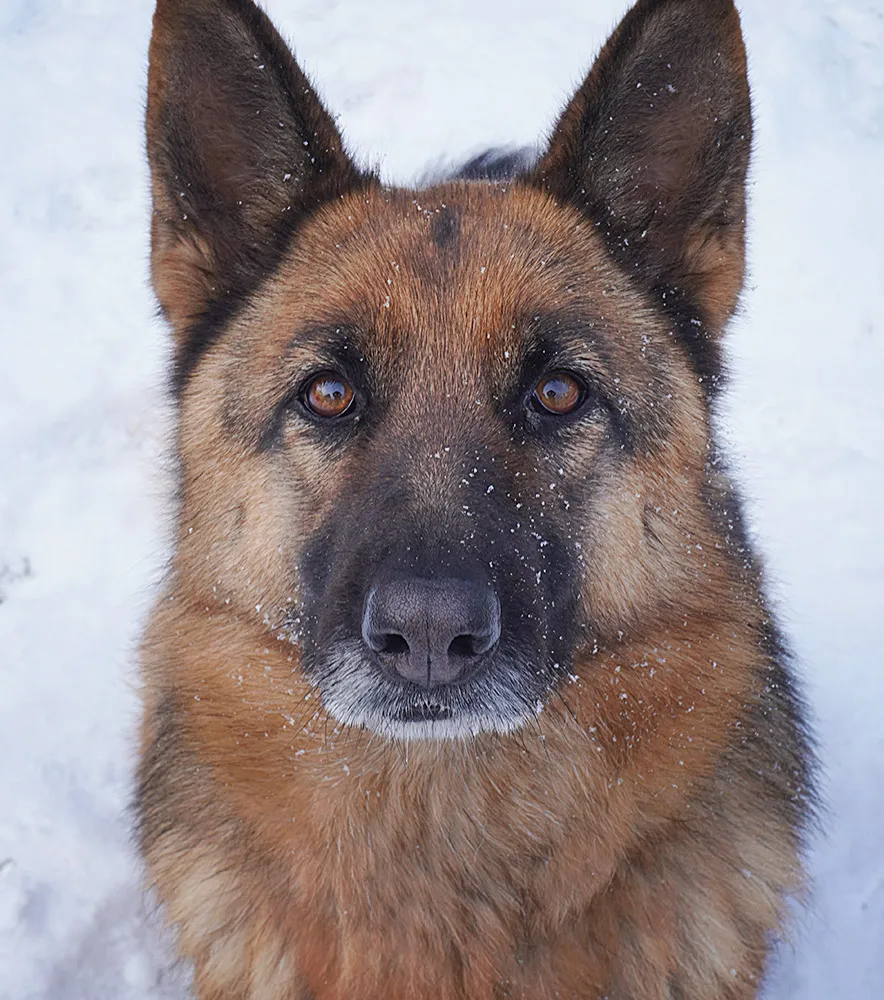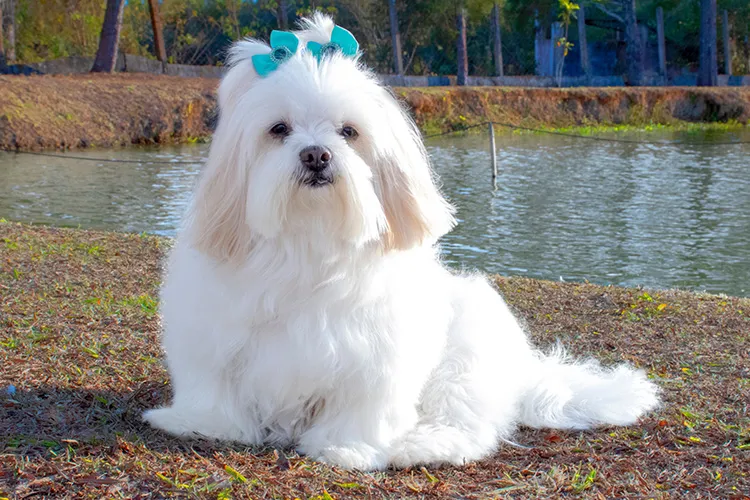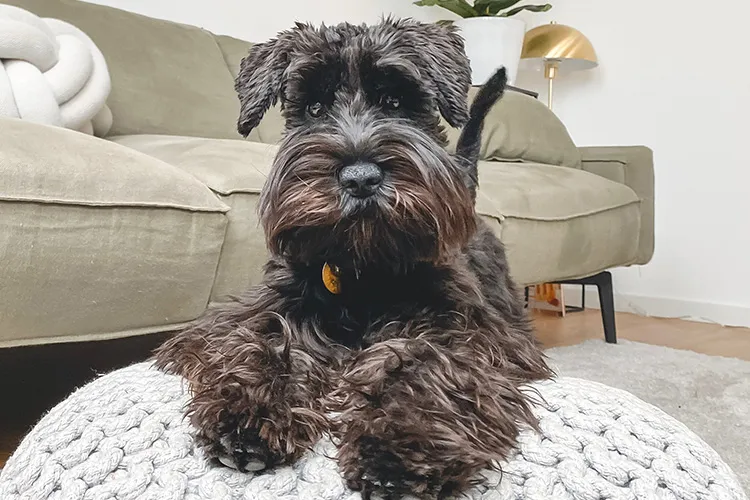Dogs share an unparalleled bond with humans, evolved over thousands of years to provide companionship, loyalty, and even life-saving support. Among the many roles they fulfill, psychiatric service dog breeds stand out for their ability to assist individuals with mental health conditions like PTSD, anxiety, depression, and autism. These best psychiatric service dog breeds are specially trained to detect emotional distress, interrupt harmful behaviors, and offer grounding comfort, making them invaluable partners. If you’re considering a psychiatric service dog (PSD), selecting the right breed is crucial for success in training and daily tasks.
For insights into the best type of dog for service dog roles, understanding breed traits is key. According to the American Kennel Club (AKC) and studies from Science Magazine, dogs excel at reading human emotions through facial cues and body language, a skill honed through domestication. This cognitive ability allows psychiatric service dogs to perform tasks like deep pressure therapy, retrieving medication, or creating space in crowds during panic attacks.
 10 Best Psychiatric Service Dog Breeds overview showing various dogs in service roles
10 Best Psychiatric Service Dog Breeds overview showing various dogs in service roles
Essential Skills of Psychiatric Service Dogs
Psychiatric service dogs differ from emotional support animals by undergoing rigorous training to mitigate specific symptoms of mental health disorders. As defined by the U.S. Department of Justice under the Americans with Disabilities Act (ADA), PSDs must perform work or tasks directly related to the handler’s disability. Traits like high intelligence, calmness under stress, trainability, and empathy are non-negotiable.
Research from ScienceDaily highlights dogs’ proficiency in interpreting human gestures, enabling PSDs to sense rising anxiety via changes in heart rate or cortisol levels—skills backed by veterinary behaviorists. These dogs provide proactive intervention, reducing episodes by up to 50% in some studies from the National Service Dog Center. Breeds excelling here balance alertness with gentleness, adaptability to various environments, and low shedding for allergy-prone handlers.
Top 10 Best Psychiatric Service Dog Breeds
Selecting from the best psychiatric service dog breeds involves evaluating size, temperament, and work ethic. Here’s a curated list based on AKC standards, handler experiences, and service dog organizations like Canine Companions for Independence.
1. Havanese
Havanese dogs, weighing up to 13 pounds, pack a punch in personality despite their toy size. Originating from Cuba, they’re affectionate, trainable, and hyper-attentive, per AKC profiles. Ideal for apartment dwellers, Havanese PSDs excel at mood detection and task response, like pawing for attention during dissociation. Their eagerness to please ensures quick mastery of alerts for panic attacks.
 Havanese dog showcasing alert expression suitable for psychiatric service work
Havanese dog showcasing alert expression suitable for psychiatric service work
2. Labrador Retriever
Labrador Retrievers top service dog lists for their intelligence and steady demeanor. Widely used for autism support, they prevent elopement or self-harm with gentle nudges, as noted in PSD training programs. Easy to train with food motivation, Labs adapt to children or adults, offering deep pressure therapy to calm meltdowns. Their lifespan of 10-12 years ensures long-term reliability.
3. German Shepherd
German Shepherds are synonymous with protection and focus, thriving in high-stress scenarios like police work. For PSD roles, their loyalty shines in crises, maintaining composure amid chaos. Trainers praise their versatility— from blocking to medication retrieval—backed by decades of working dog success. Proper socialization prevents overprotectiveness.
4. Lhasa Apso
Don’t underestimate the Lhasa Apso’s regal appearance; bred as Tibetan sentinel dogs, they’re vigilant yet cheerful. Their watchful nature detects subtle emotional shifts, intervening with licks or leans. Compact and low-maintenance, Lhasas suit urban handlers with PTSD, providing spiritual-like comfort rooted in their monastic heritage.
 Lhasa Apso with attentive gaze ideal for sensing handler distress
Lhasa Apso with attentive gaze ideal for sensing handler distress
5. Poodle
Poodles defy stereotypes with superior intellect—often ranking second in Stanley Coren’s dog intelligence rankings. Hypoallergenic coats make them allergy-friendly PSDs, attuned to emotions for rapid response. Standard, miniature, or toy varieties fit diverse needs, from home therapy to public access, with low-shedding fur minimizing distractions.
6. Boxer
Boxers offer medium-sized strength with playful loyalty, eager to learn and please. Their patient temperament suits families, calmly managing anxiety in kids. Athletic builds enable physical tasks like bracing during episodes, while their clownish side boosts mood post-intervention.
7. Cavalier King Charles Spaniel
Cavalier King Charles Spaniels embody serenity with soulful eyes and deep bonds. Excellent for depression or PTSD, they sense isolation and respond with proximity cuddles. High IQ allows learning complex cues, like fetching comfort items, making them understated yet effective PSDs.
 Cavalier King Charles Spaniel displaying calm and loyal posture for service
Cavalier King Charles Spaniel displaying calm and loyal posture for service
8. Doberman Pinscher
Dobermans blend protection with affection, their muscular frames ideal for tactile grounding. Trained PSDs channel watchdog instincts into gentle interventions, excelling in protection from self-harm. Early training tempers their energy, yielding devoted companions.
9. Border Collie
Border Collies possess “reasoning” intelligence, per the Border Collie Society of America, mastering nuanced tasks like emotion-based alerts. Herding heritage translates to guiding handlers through crowds. High energy demands exercise, but their focus rewards dedicated owners.
10. Miniature Schnauzer
Miniature Schnauzers charm with quirky beards and adaptability, popular for anxious youth or autism. Trainable and alert, they thrive in any setting, lightening days with antics while performing duties like barking for help.
 Miniature Schnauzer with expressive face perfect for emotional support tasks
Miniature Schnauzer with expressive face perfect for emotional support tasks
Why Choose a Psychiatric Service Dog?
The best psychiatric service dog breeds transform lives by bridging gaps in mental health management. Unlike pets, PSDs require 1-2 years of task-specific training, often starting at 8 weeks. Costs range $20,000-$30,000, but nonprofits like America’s VetDogs offer support. Always consult veterinarians and certified trainers for temperament testing.
In real-world applications, handlers report fewer hospitalizations and improved independence. For registration and legal access, organizations like Service Dog Certifications provide guidance under ADA rules.
Embrace the power of these breeds—start by assessing your needs with a professional trainer. Explore more on service dog training and breeds to find your perfect match today!
References:
- American Kennel Club (AKC.org) breed standards.
- Science Magazine: Dogs reading human emotions (2016).
- ScienceDaily: Human cue understanding (2020).
- U.S. Department of Justice ADA guidelines.
